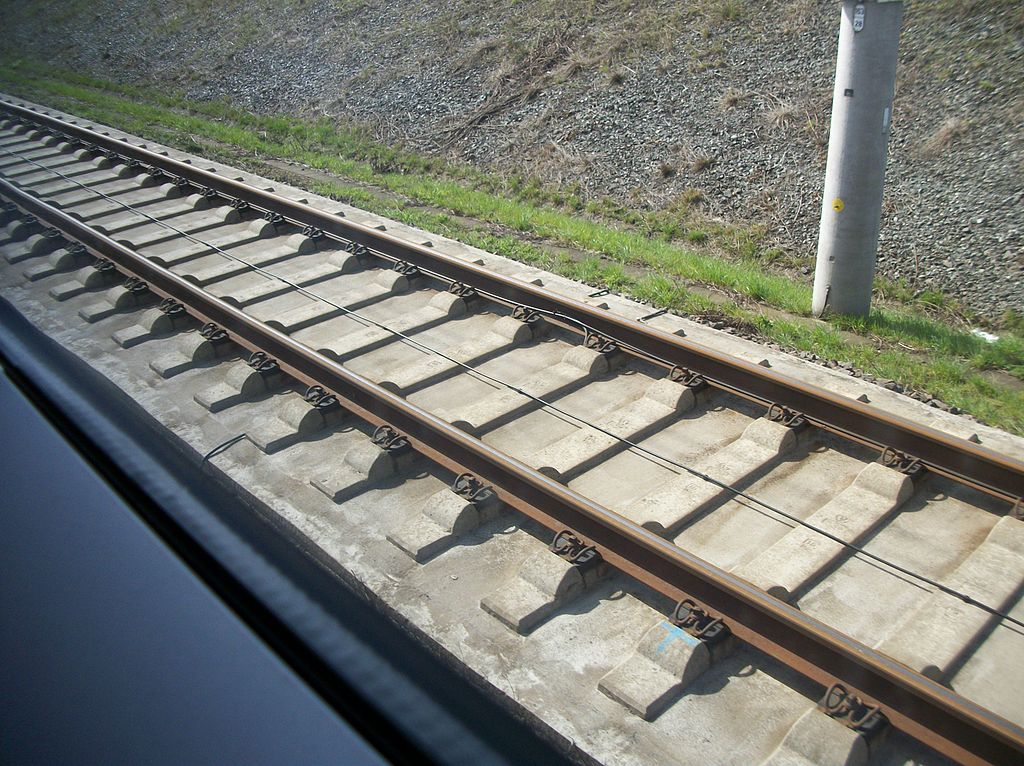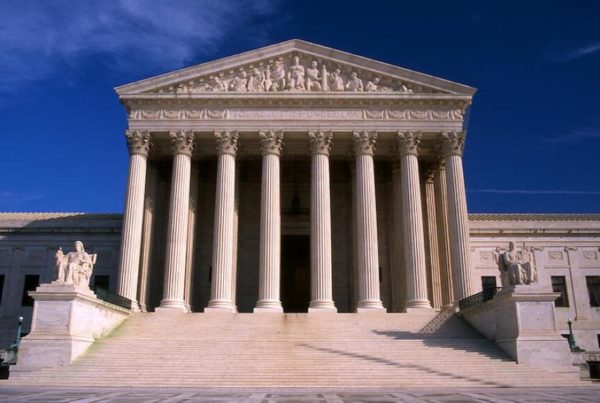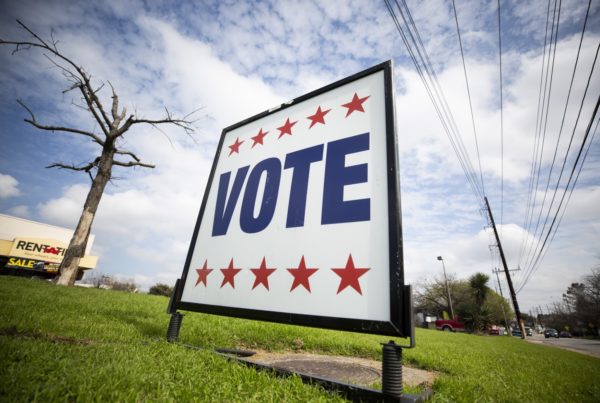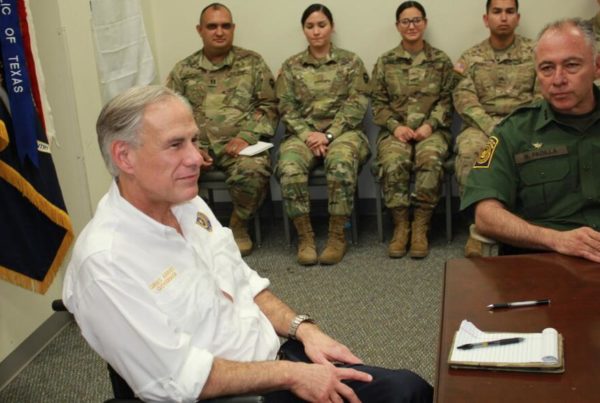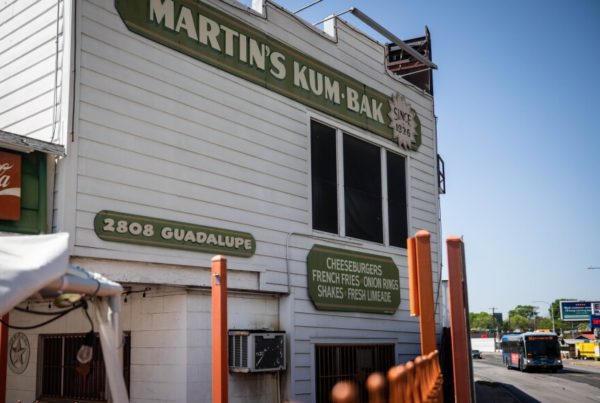In response to last month’s move by Gov. Greg Abbott to ramp up border inspections, Mexican officials say they intend to reroute a rail link through New Mexico instead of Texas.
Abbott agreed to stop the increased inspection after nine days, after he reached security agreements with governors of four Mexican states. But he also received criticism from those on the left and the right who say the inspections, which led to long wait times for commercial vehicles, were financially devastating.
Waco-based economist Ray Perryman says those nine days cost Texas more than $4.2 billion in goods and services. Alfredo Corchado covers U.S.-Mexico issues for The Dallas Morning News. He told Texas Standard that Mexican officials are likely looking for ways to protect their country’s economy and sending a message to Abbott. Listen to the interview above or read the transcript below.
This transcript has been edited lightly for clarity:
Texas Standard: Can you tell us about the plans for this railway that was planned to run through Texas but now apparently will not?
Alfredo Corchado: I think the key word is “intent.” This is a comment that the Mexico’s minister of the economy said late last week. And the quote is, “We’re not going to use Texas. We can’t leave all the eggs in one basket and be hostages of someone who wants to use trade as a political tool.” But I think a project like this – it’s $1 billion project – it can take three, five years and a lot can happen between the United States and Texas.
What I find interesting is how the rhetoric has changed. I think when Abbott began these checks, there wasn’t much said by the federal government. The attention was really on state governments along the Texas border – in Chihuahua, Tamaulipas and Nuevo Leon. But suddenly the rhetoric has really changed. On Sunday. You had the foreign minister of Mexico, Marcelo Ebrard, who is a potential presidential candidate. He also called Abbott’s action an extortion scheme. So that’s interesting, what’s developing south of the border.
So this this piece of infrastructure, this rail line that was supposed to run from the western edge of Mexico all the way up to Canada. How big of a deal is this economically or even in terms of the status of the broader relationship between Texas and Mexico, in your view?
It’s a huge deal. People I’ve talked to said it’s billions of dollars in investment. The plan all along has kind of been, even though there’s never been a formal announcement, to connect Mazatlan to Laredo and onto the I-35 corridor to Austin, Dallas, all the way up to Canada.
But they’re also very concerned about the rhetoric that Abbott is using against immigrants, and they’re concerned about words like ‘invasion.’ There’s a concern that this could also lead to another attack, like what we witness at Walmart inn El Paso in 2019.. Many of the victims or Mexican citizens, so in talking to officials, they’re very concerned about the rhetoric. They’re very concerned about their trade being held hostage.
When you look at this proposal by the Mexican officials to whom you spoke about moving this rail line, how much of this potential move is motivated by retribution for the you know, the recent blockage at the border that we saw, and how much is driven by the need to ensure the reliability of this kind of infrastructure between these two countries?
I think they’re concerned about retribution, because let’s remember, Governor Abbott has said he would do it again. But when you look at the infrastructure on the Texas side – Laredo, El Paso, the Rio Grande Valley – nothing compares to, say, a Santa Teresa New Mexico, which the minister of the economy alluded to. That’s a very small port of entry. So I think it’s a combination of the two. It’s ‘hey, Governor Abbott, you’ve got our intention. Let’s get your attention.” And I think in two or three, four years, a lot can happen between the two.
You’ve reached out to Gov. Abbott’s office about this. Did you get a response?
No response as of yet.


